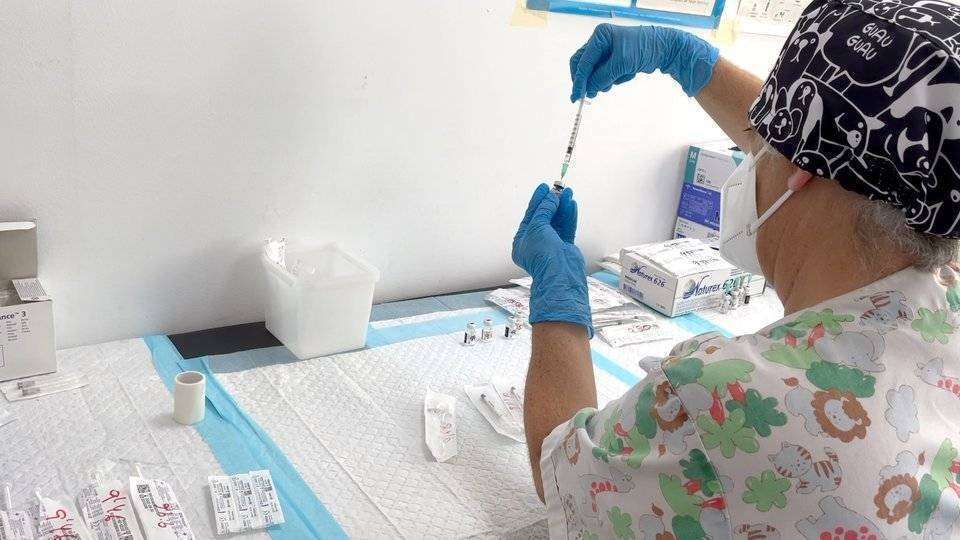The Epidemiological Surveillance Service of the Ministry of Health, Consumption and the Interior, in collaboration with INGESA, has begun to monitor and monitor the incidence of acute respiratory infections (ARI) in Ceuta and also know the epidemiological and microbiological characteristics of this type of illnesses, including influenza, COVID-19, or respiratory syncytial virus (RSV).
Following the guidelines established by the Ministry of Health, the Ministry has thus joined the National Surveillance System on Respiratory Infections (SIVIRA), expanding and strengthening the observation and control of this type of infection which, until the declaration of a pandemic, was limited to influenza during a certain period of the year, from the 40th week of the year to the 20th week of the following year. With the implementation of this system, which collects data from primary care patients and patients hospitalized for acute respiratory infections, permanent surveillance of this type of disease is guaranteed, which reaches practically the entire population of Ceuta.
The Epidemiological Surveillance Service will publish two weekly reports updating the data on the incidence of respiratory infections in Ceuta during the 2022-2023 season, which began in the week of October 3 to 9, 2022 (week 40) and will end in the week 39 2023, from September 25 to 1 October, without interruption. The reports can be consulted at the link https://www.ceuta.es/ceuta/epidemiologia/vigilancia-iras-irag
How is surveillance done?
The COVID-19 pandemic has led to the need to implement an acute respiratory infection monitoring system. This real-time surveillance allows immediate detection of any emerging respiratory virus circulating and, therefore, offers the most appropriate response.
The source of the information is the Institute of Health Management (INGESA), with data provided through Primary Care and the University Hospital.
In Primary Care, basic information is collected on the episodes of patients with suspected acute respiratory infection (ARI) who have been treated in the three centers. 14 sentinel doctors distributed among the three health centers are in charge of collecting the samples on a weekly basis.
In the case of hospital care, the information provided to the system corresponds to the daily urgent admissions for acute respiratory infection, known as SARI.


